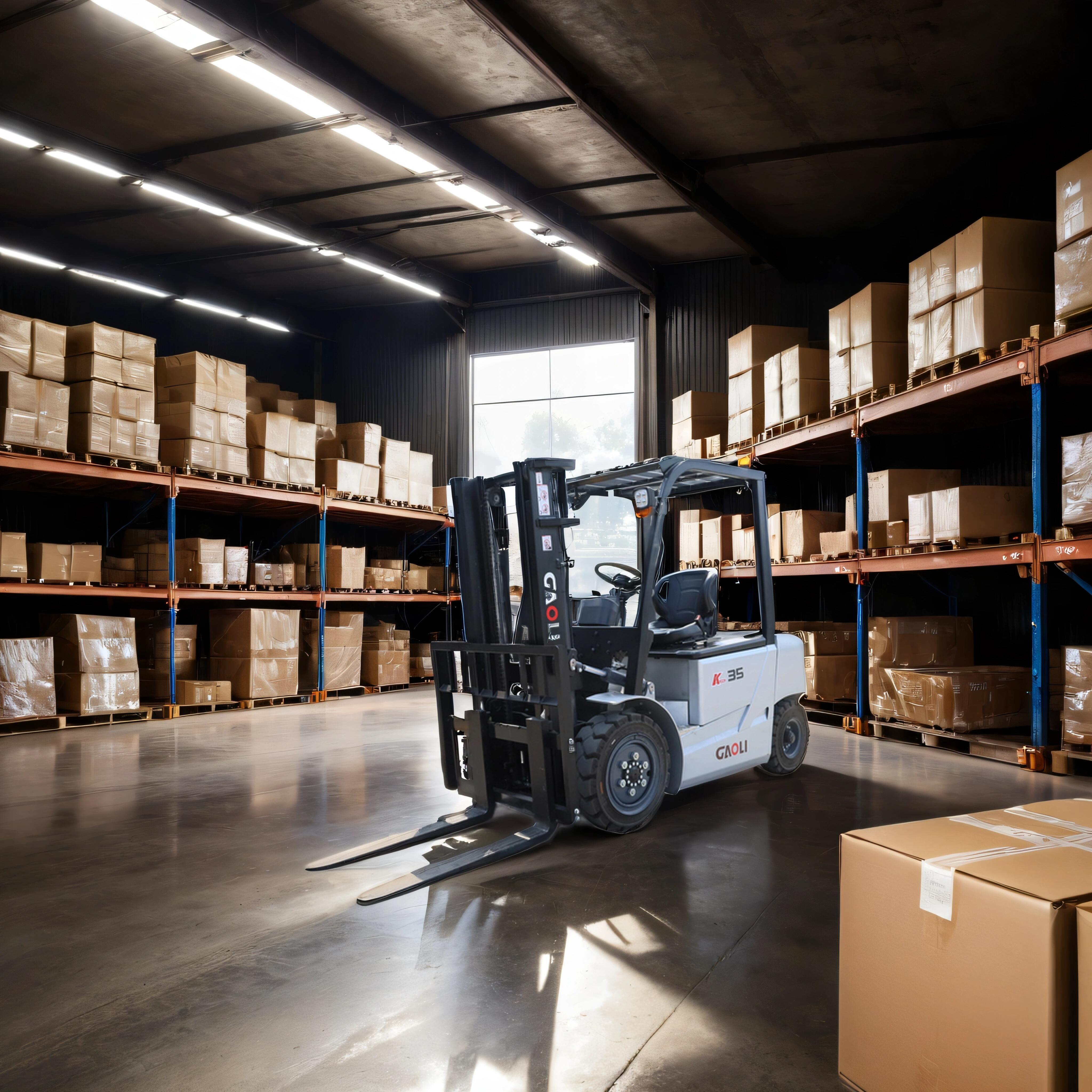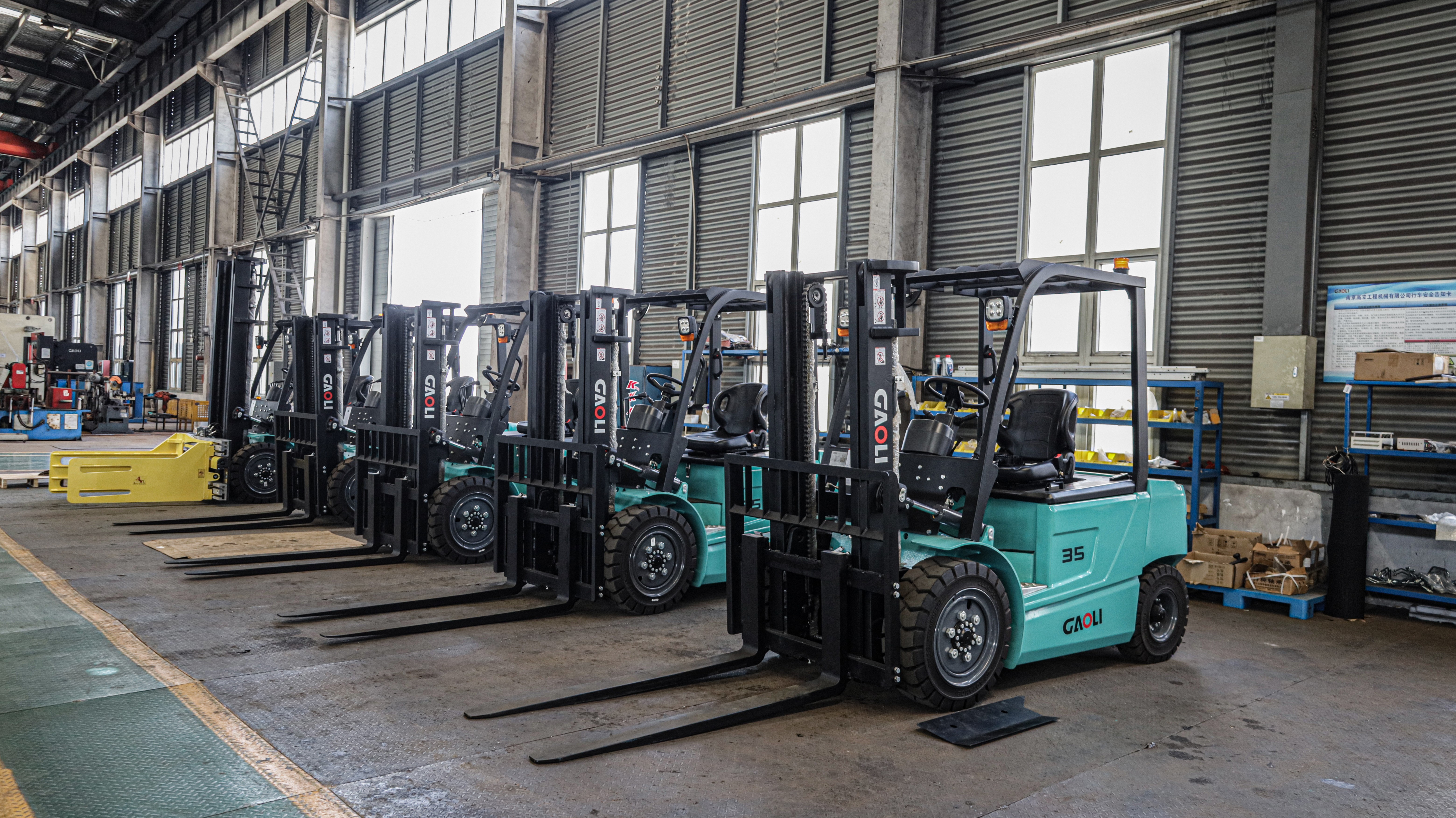forklift certification
Forklift certification is a formal process that validates an individual's competence to safely operate forklifts within various working environments. Its main functions include providing comprehensive training on the operation of forklifts, teaching safety protocols, and instilling knowledge about the different types of forklifts and their specific technological features. Technological features encompass the understanding of forklift mechanics, such as hydraulics and electric systems, as well as the implementation of advanced lifting and steering mechanisms. The applications of forklift certification are widespread and include warehouses, manufacturing plants, shipping docks, and construction sites, where materials need to be transported efficiently and safely.


